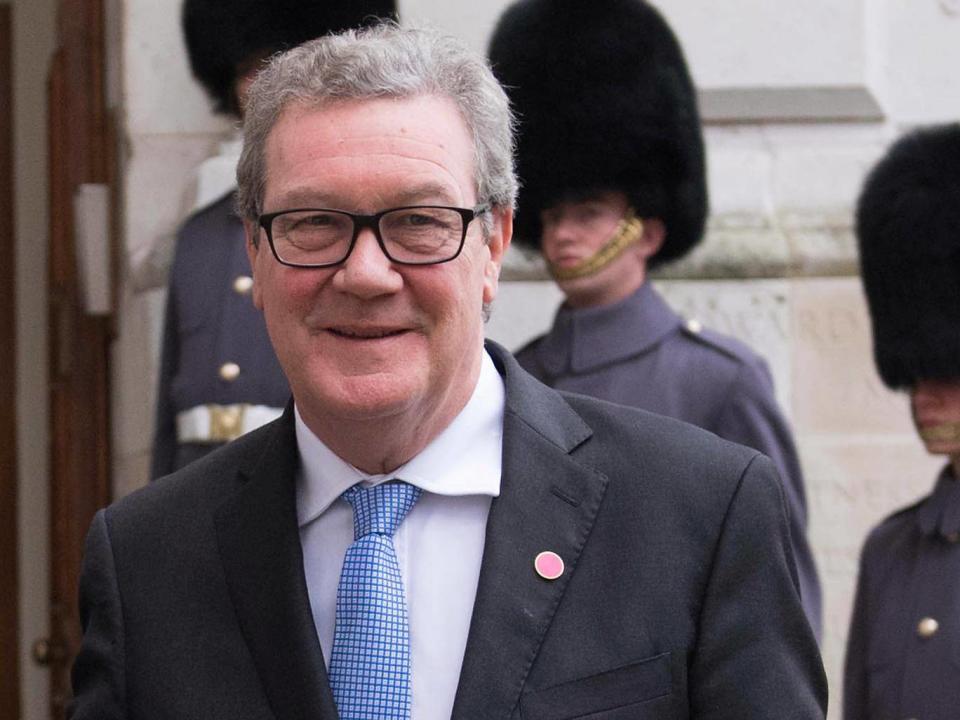Australia tells UK to open tariff-free trade to world after Brexit: ‘It’s worked for us for 26 years’
Australia’s high commissioner to the UK has spoken out on the benefits of Britain leaving the customs union after its exit from the EU next year, saying that by negotiating unilateral trade agreements instead, the country would be able to retain control of its trade policy.
Speaking to BBC radio, Alexander Downer said that Australia had experienced the “huge advantages of unilateral trade liberalisation” itself.
“The fact is that it does lead to some economic restructuring – some redirection of investment. But [it also] contributes to economic reform and you need a constant rate of economic reform to achieve high rates of economic growth,” he said.
“It’s worked for us with 26 consecutive years of economic growth, partially because we’ve opened our market to the world,” he added.
Continued membership of the customs union has represented a major subject of debate for politicians both in the UK and Brussels. Staying in would be the only way Britain can guarantees continued tariff-free trade with the bloc, but both the Conservatives and Labour have ruled that option out.
Leaving it, by contrast, would guarantee the ability to agree new free-trade agreements with other nations.
Mr Downer on Monday said that although each country’s circumstances are different, Australia would not want to the UK and the EU to “introduce a whole load of tariff barriers between them”. This, he said would not just be damaging to the European and British economies “but also damaging to the global economy.”
Instead, he said that Australia wants to “build back” its trade with the UK.

“We could build substantially more trade if we were able to negotiate a free trade agreement. If you remain in the customs union […] you would have no control over an independent trade policy, in fact you’d have no control over trade policy at all,” he said.
He insisted that he did not want to express a view on which scenario was preferable – the UK staying in the customs union or leaving it – but he did emphasise that countries “like Australia, China, Japan, the US and so on, would not be able to conduct trade negotiations with the UK” if Britain were to leave the union.
“We would only conduct trade negotiations with the EU, which we already do. You wouldn’t be relevant to that – you wouldn’t have a say in those trade negotiations,” he said.
He concluded that the UK had “been a great force for free trade within the EU”.
“We equally are happy to negotiate a free trade agreement with the EU and are beginning that process already [but] if you stay in the customs union that cuts you out of that process,” Mr Downer said.

 Yahoo Finance
Yahoo Finance 